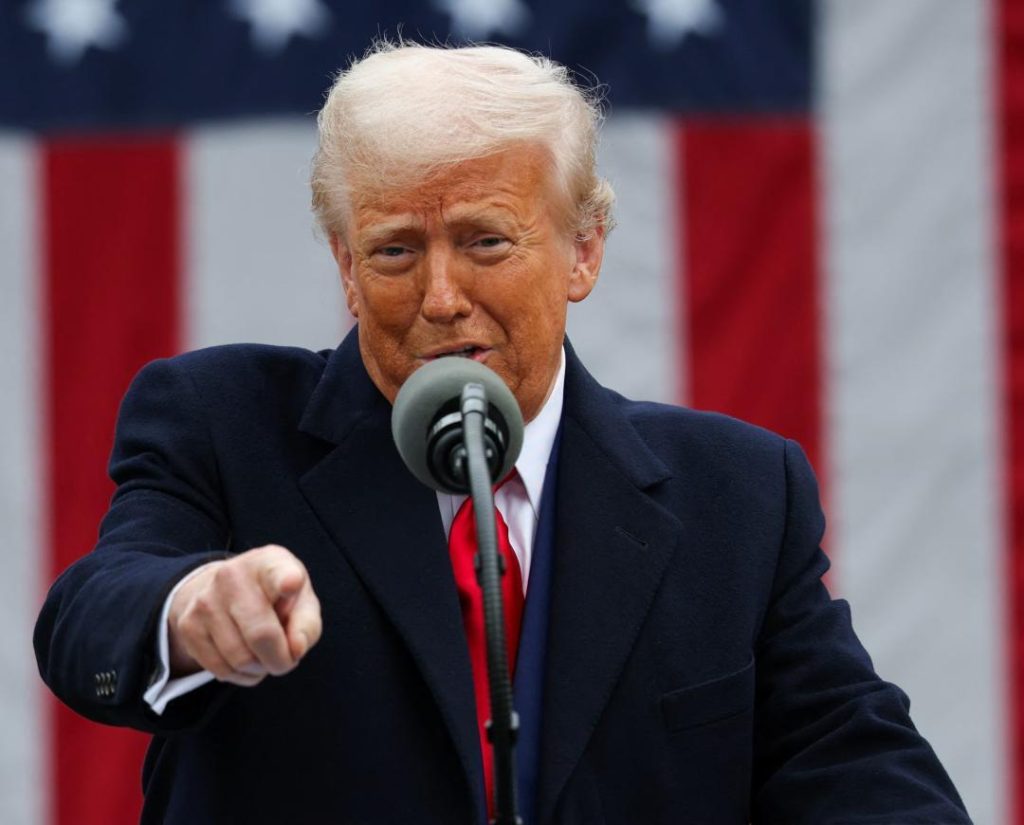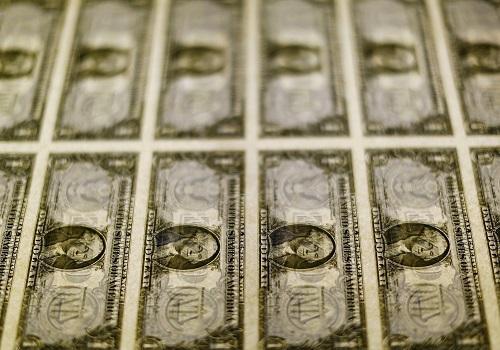
Which goods & items are exempt from Trump’s new tariffs?
US President Donald Trump’s latest move to impose reciprocal tariffs on several countries has sent shockwaves across the globe. The tariffs, which went into effect on Wednesday, April 2, aim to protect American industries and create a more balanced trade relationship. However, not all goods and items are affected by these tariffs. In this blog post, we will explore the list of exemptions and how they impact various industries, including pharmaceuticals, energy, and semiconductors.
Pharmaceuticals: A significant exemption
Pharmaceuticals are one of the biggest exemptions from Trump’s tariffs. According to a report by Moneycontrol, pharmaceutical products comprise nearly $9 billion worth of exports from India. This exemption is a significant relief for Indian pharma companies, which have been struggling to maintain their market share in the US due to increased competition and regulatory hurdles.
The exemption applies to a wide range of pharmaceutical products, including generic medicines, APIs (Active Pharmaceutical Ingredients), and finished formulations. This means that Indian pharma companies like Sun Pharma, Dr. Reddy’s, and Lupin can continue to export their products to the US without facing any tariffs.
Bullion: A safe haven
Another significant exemption is bullion, which includes physical gold and silver of high purity. Gold and silver are considered safe-haven assets during times of economic uncertainty, and the exemption is a welcome relief for investors and traders.
The exemption applies to all forms of bullion, including coins, bars, and other precious metal products. This means that investors can continue to buy and sell gold and silver without worrying about tariffs.
Energy and minerals: A boost for the energy sector
The energy sector has also received a significant boost from the tariff exemptions. Energy products like crude oil, natural gas, and refined petroleum products are all exempt from the tariffs.
Additionally, certain minerals not available in the US, such as indium, tin, and tungsten, are also exempt. These minerals are critical components in the production of semiconductors and other electronic components.
Semiconductors: A critical exemption
Semiconductors are another critical exemption from Trump’s tariffs. Semiconductors are used in a wide range of electronic components, including smartphones, laptops, and servers.
The exemption applies to all forms of semiconductors, including memory chips, processors, and other electronic components. This means that companies like Samsung, Intel, and Qualcomm can continue to import semiconductors from countries like South Korea, Japan, and Taiwan without facing any tariffs.
Copper, steel, and aluminum: A mixed bag
Copper, steel, and aluminum are all critical components in various industries, including construction, automotive, and aerospace. While these products are not entirely exempt from the tariffs, they have been partially exempted.
Copper, for example, is exempt from the 25% tariff on aluminum, while steel is exempt from the 25% tariff on steel products. Aluminum, on the other hand, is partially exempt from the 10% tariff on aluminum products.
Lumber articles: A relief for the construction industry
Lumber articles, including wood and wood products, are another significant exemption from Trump’s tariffs. The construction industry, which relies heavily on lumber products, has been facing significant tariffs in recent months.
The exemption applies to all forms of lumber articles, including wood, plywood, and other wood products. This means that construction companies can continue to import lumber products from countries like Canada and Sweden without facing any tariffs.
Conclusion
In conclusion, while Trump’s tariffs have sent shockwaves across the globe, certain commodities have been kept out of the ambit of the reciprocal tariffs. Pharmaceuticals, bullion, energy, minerals, semiconductors, copper, steel, aluminum, and lumber articles are all exempt from the tariffs.
The exemptions are a significant relief for industries that rely heavily on these products, including pharmaceuticals, energy, and semiconductors. However, it remains to be seen how the tariffs will impact other industries and the global economy as a whole.
Source:






